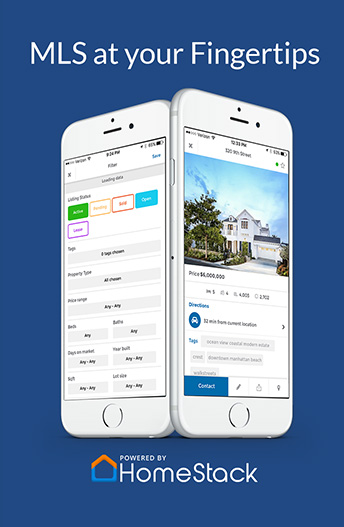
After months of preparing your finances and searching for the right home, you finally find the perfect house! You sign a California Association of Realtors (CAR) Residential Purchase Agreement (RPA), maybe there is some countering, and, next thing you know, you’re in escrow! What many people don’t know is there is nearly a full page of legal jargon in that contract pertaining to mediation and arbitration should a dispute arise between buyer and seller or client and agent. Excluding those of you who are attorneys, the rest of us average Joe’s may not know what this means or what the difference is. Fear not, we’re here to explain.
What is mediation?
Mediation is a process in which parties to a dispute hire a neutral third person to help them facilitate a
discussion of their dispute and the possible outcomes, with the hope of reaching a settlement and avoiding
any further legal proceedings and costs. In mediation, the parties are in control of the outcome and any
settlement is by mutual agreement. If mediation does not result in a settlement, the parties are then free to
pursue litigation or arbitration, as applicable.
What is arbitration?
Arbitration is a process in which parties to a dispute hire a neutral third person to hold a hearing, listen to
evidence and decide who is right and who is wrong. When parties agree to arbitrate, they give up their right to
a trial by judge or jury and they give up their right to appeal a decision they do not agree with.
What is the difference?
Arbitration is a process in which parties to a dispute hire a neutral third person to hold a hearing and decide who is right. In doing so, they give up their right to a trial by judge or jury and they give up their right to appeal a decision they do not agree with.
How does this apply in the CAR RPA?
Paragraph 22A of the RPA obligates buyers and sellers to try and resolve their differences in mediation before
pursuing any other legal action, such as a lawsuit or arbitration. This is a requirement of the contract. It is not
optional. It applies even if the parties do not initial the arbitration clause.
Paragraph 22B of the RPA states that the buyers and sellers agree that instead of going to court, they will
arbitrate disputes that are not resolved in mediation. This paragraph is only binding on the parties if they
each initial the clause or if they incorporate it into a counter offer.
Why arbitrate if you can’t resolve in mediation?
Though you are giving up some rights in arbitration, many parties to a dispute choose this option for a number of reasons. The hearing will often be held sooner than a court appearance, the parties may choose their own arbitrator with experience in the subject matter, and the hearing is not public; it remains confidential.
Should buyers and sellers initial the arbitration clause?
A buyer or seller should seek the advise of their attorney when it comes to questions regarding arbitration. It has its pluses and minuses. Your legal counsel will best advise you as to what decision you should make when signing a legally binding contract.


